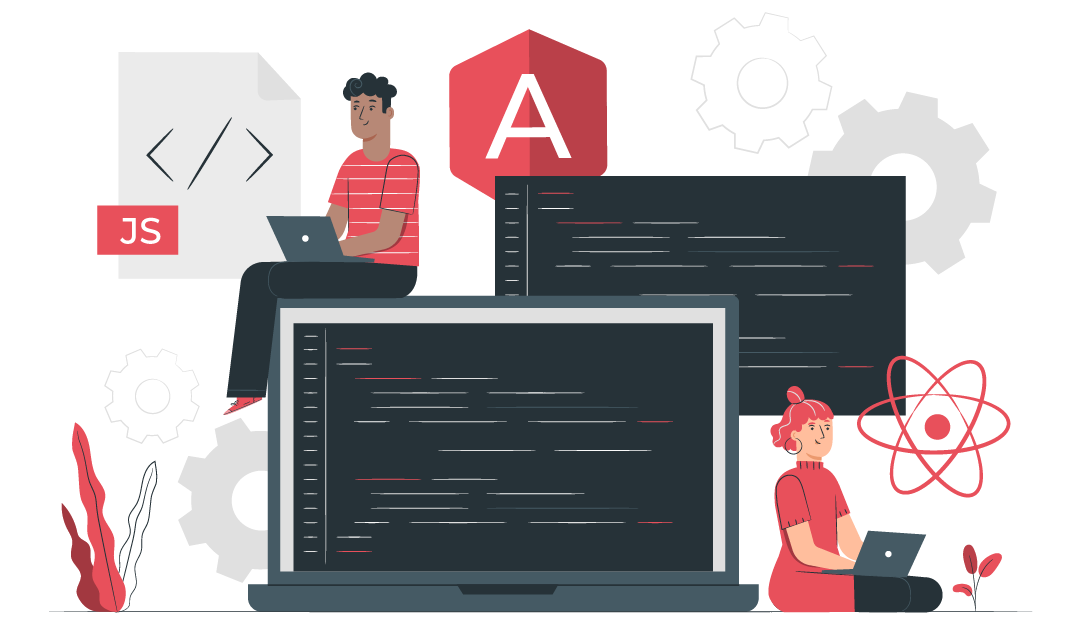What is .NET?
To the untrained eye, it appears to be another coding interface – but it’s really a tool that allows developers to:
- Translate #c code into instructions that a computer can understand
- Provide utilities for building software, like tools for printing text to the screens and finding the current time,
- Define a set of data sets to make it easy for you to store information.
Is it similar to Azure?
Whilst Microsoft Azure and .NET are standalone products in their own right, the two are often paired together.
Azure is composed of the operating environment and base services that are used to host the cloud applications. It provides the base capabilities as well as the simple data storage offerings.
While .NET services comprise of many applications that can create cloud scale applications.
They work together in perfect harmony, but they aren’t mutually exclusive products. Both .NET and Azure have the ability to work with third party applications.
Introducing .NET Core and .NET framework
The .NET framework was the original version of .NET. Used for building and running applications on Windows networks.
.NET core is the newest product in .NET. The cross platform, open-source framework is ideal for modern development needs and developer workflows. Unlike framework, it can run on macOS, Linux, and Windows devices.
Despite one being newer than the other, there is a still a preference between the two platforms. but which is best for you? In todays blog post, we take a look at the business benefits of both platforms.
Advantages of .NET Framework
If you’re a .NET developer who needs to build and release something fast and you don’t have time to learn .NET Core, then the .NET Framework is your choice. .NET Core does have a learning curve.
If you’re maintaining and upgrading existing .NET apps, this is your best choice. Porting an existing .NET app to a .NET Core app requires some work.
.NET Framework is what it is. The current version of .NET Framework, 4.8, is supposed to be the last version of .NET Framework. There will be no more new versions of .NET Framework planned in the future.
Looking for a specialist to cut through confusion?
We have 30 years of enterprise-grade Microsoft .NET experience with clients across many industries, so you can trust in our solutions. Let us know your requirements and get started today.



Recent Comments